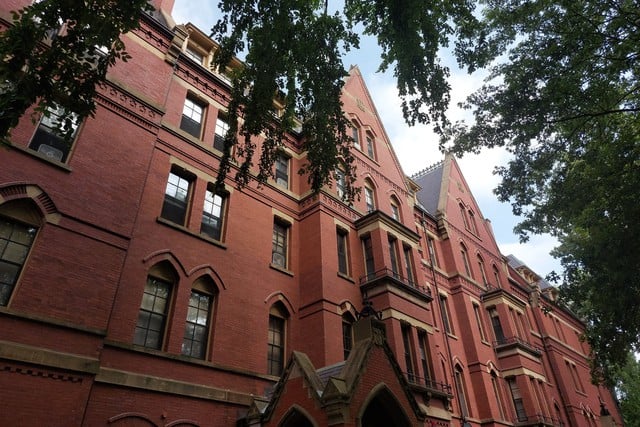
A building of Harvard University
PHOTO: HANH DOAN
Reaction of American schools after Harvard incident
In recent days, the academic community around the world has been in an uproar over the news that the US Department of Homeland Security (DHS) has suddenly revoked Harvard University's Student and Exchange Visitor Program (SEVP) certification, preventing the school from recruiting international students starting this school year and forcing foreigners currently studying at the school to move elsewhere if they want to maintain their legal residency status in the US.
This is the latest and currently most tense development related to the conflict between America's oldest university and the current administration of the land of the stars and stripes. In the latest move, US federal judge Allison Burroughs on May 23 issued a temporary ruling preventing the Trump administration from stripping Harvard University of its right to recruit international students, after the school filed a lawsuit against the federal government.
In response to the above conflict, the Massachusetts Institute of Technology (MIT), another prestigious school in the US, recently issued a statement titled: "Welcoming International Students". The document was signed by MIT President Sally Kornbluth, emphasizing that MIT "would not be MIT" without international students. "This is a serious moment", "...a blow to the core values of America", Ms. Kornbluth wrote.
Similarly, the president of the 10-campus University of Hawaiʻi (UH) system sent a letter to all students, faculty, and staff, calling the conflict between the Trump administration and Harvard University an “unprecedented escalation” that “sent shockwaves throughout the highereducation sector.” She also said she would work closely with educational institutions and state governments to find solutions to ongoing challenges.
Meanwhile, the US-based Association of International Educators (NAFSA) - the world's largest non-profit organization for international education and academic exchange - expressed in an official statement that: "Losing the contribution of international students will negatively affect the ability of domestic students to understand the world and lead to serious consequences for our country's economic strength, security and global competitiveness."
"Harvard may be the victim at the moment, but this is a warning, an unprecedented move by the federal government to gradually reduce the autonomy of major universities in the US," Mr. John Aubrey Douglass, senior researcher at the Center for Research on Higher Education at the University of California at Berkeley (USA), commented to The New York Times .
Many universities in Hong Kong provide "comprehensive support" to affected students
In the 2024-2025 academic year, 6,703 international students from around the world enrolled at Harvard University, accounting for 27.2% of the total student body. Of these, 1,203 are from China. Chinese students and faculty have always made up a significant proportion of this top academic environment in the United States. According to the Global Times , Chinese students account for about 20% of the number of students, trainees, and researchers at Harvard University.
This is also the reason why the Chinese Foreign Ministry on May 24 condemned the Trump administration for "politicizing education" and pledged to protect the legitimate rights of Chinese students studying in the US.
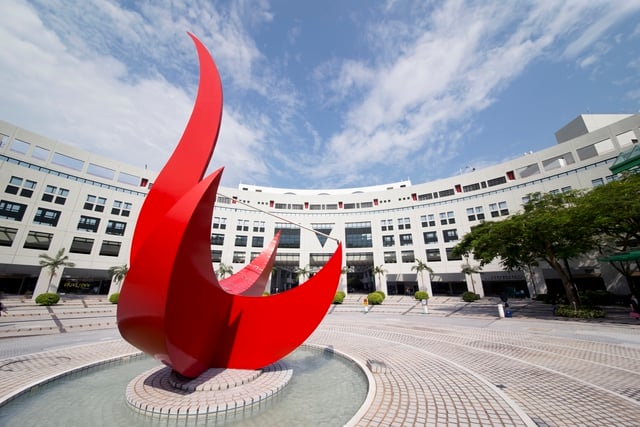
The Hong Kong University of Science and Technology campus, one of the first schools to announce it welcomes students affected by the US government's ban on Harvard recruiting international students
PHOTO: HKUST
Following this move, the Hong Kong University of Science and Technology (HKUST) recently announced that it "opens its doors to Harvard students amid global academic turmoil." "We are ready to welcome students from Harvard to our campus community, where they will be provided with resources and a dynamic environment to thrive," Professor Guo Yike, Vice President of Academic Affairs at HKUST, shared in a statement.
The university added that it will provide unconditional admission letters, simplify the admission process, and provide other support, including visa and accommodation, to facilitate students' transition to HKUST. The university has even set up a dedicated support team to guide students through procedures related to credit transfer, application submission, etc.
According to the World University Rankings by the UK-based Times Higher Education, HKUST ranked 66th while Harvard ranked 3rd globally.
The move is likely to spread further, with Hong Kong’s education minister recently calling on local universities to step up their efforts to attract more students following Harvard’s ban on international students. Christine Choi Yuk-lin, Hong Kong’s education minister, said the government has also reached out to the Harvard alumni association in Hong Kong to provide “all-round support” for those admitted.
As of now, at least five universities in Hong Kong have posted notices inviting students affected by Harvard's ban to apply, according to CNA .
According to statistics from the US Immigration and Customs Enforcement (ICE), in 2023, there were 31,310 Vietnamese studying in the US, ranking 6th in the number of international students. This is the first time the number of Vietnamese studying in the US has reached more than 30,000 after 2 years below 30,000. However, if we consider the number of students in schools from kindergarten to high school, Vietnam is the 5th largest with 3,187 people, behind China, South Korea, Mexico and Spain.
Source: https://thanhnien.vn/my-cam-harvard-tuyen-du-hoc-sinh-truong-dh-o-hong-kong-rong-cua-chao-don-18525052509252372.htm




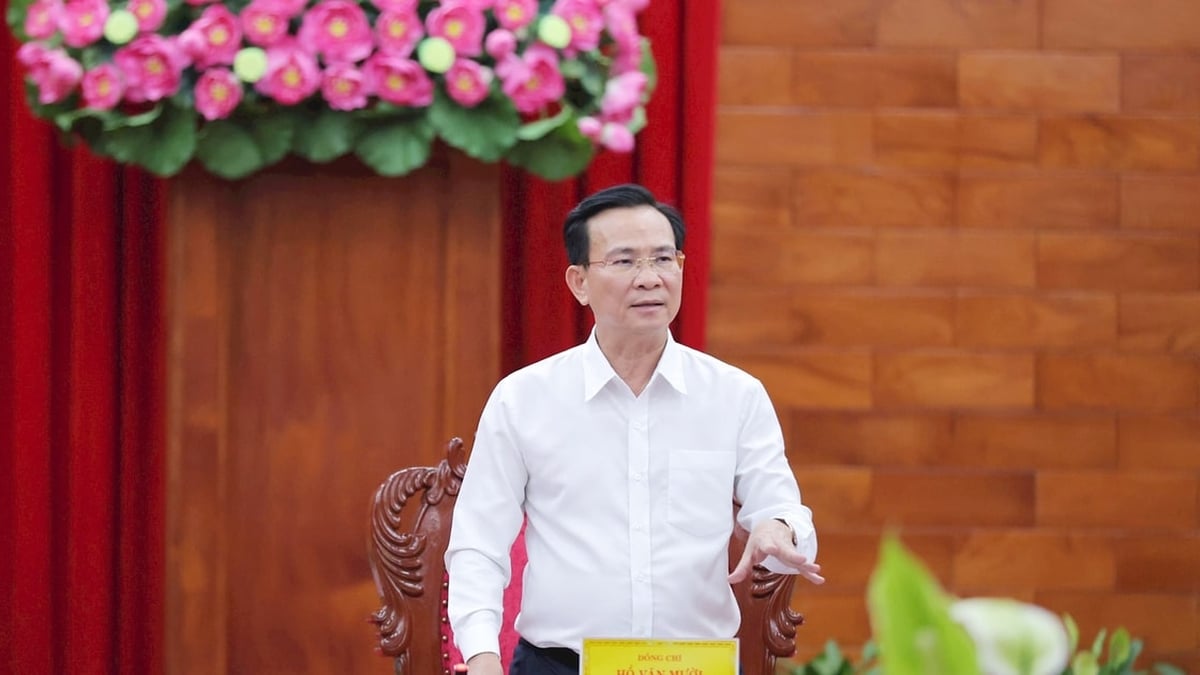
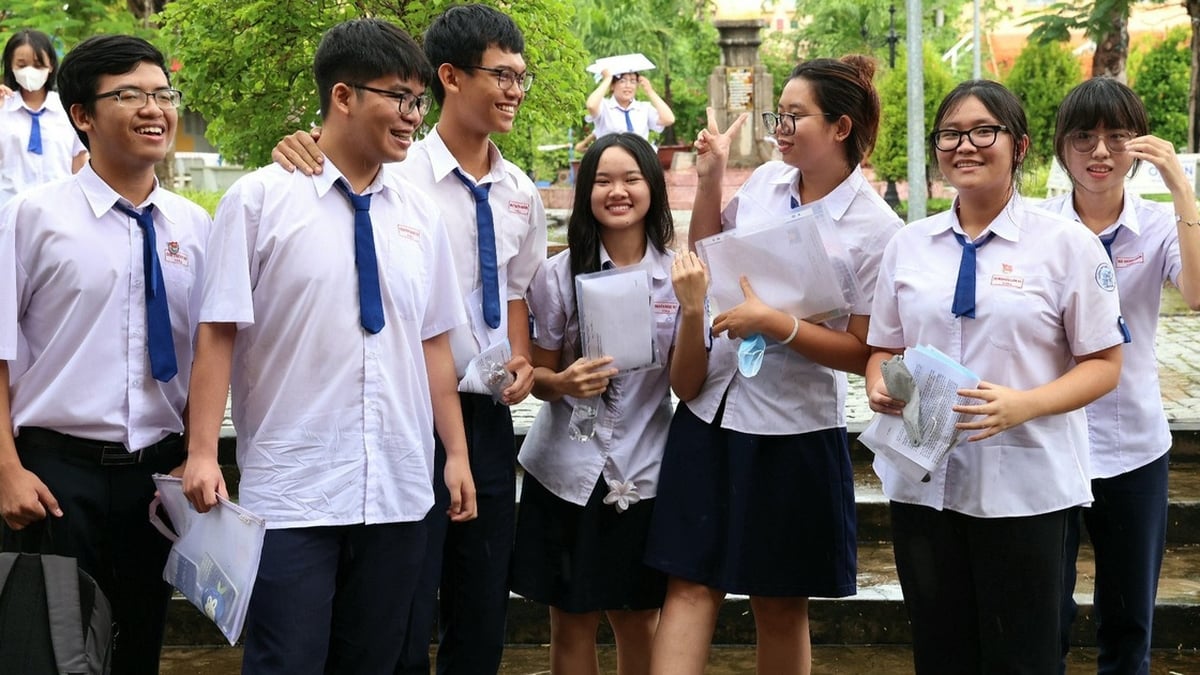

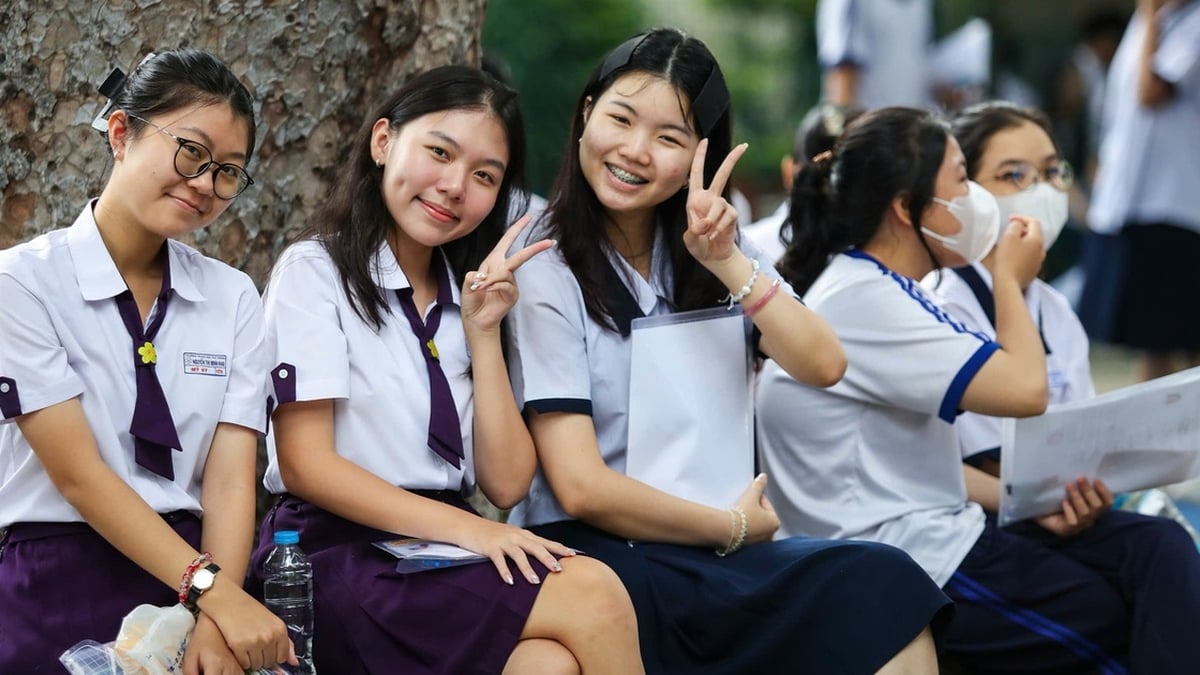

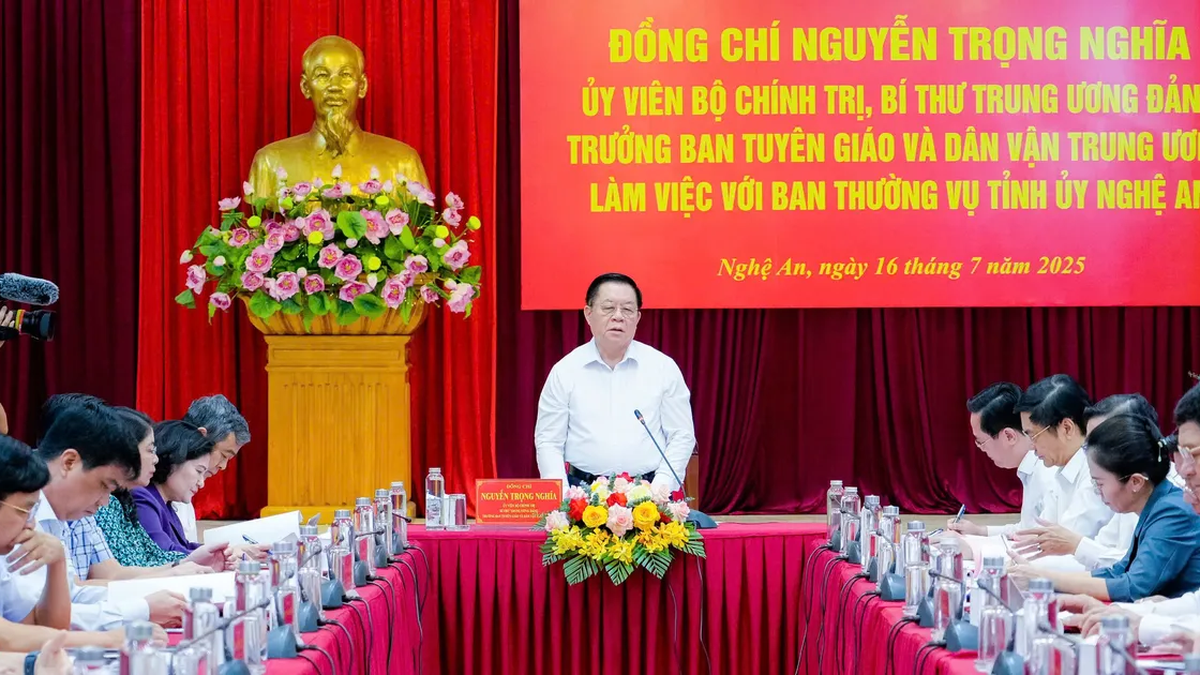

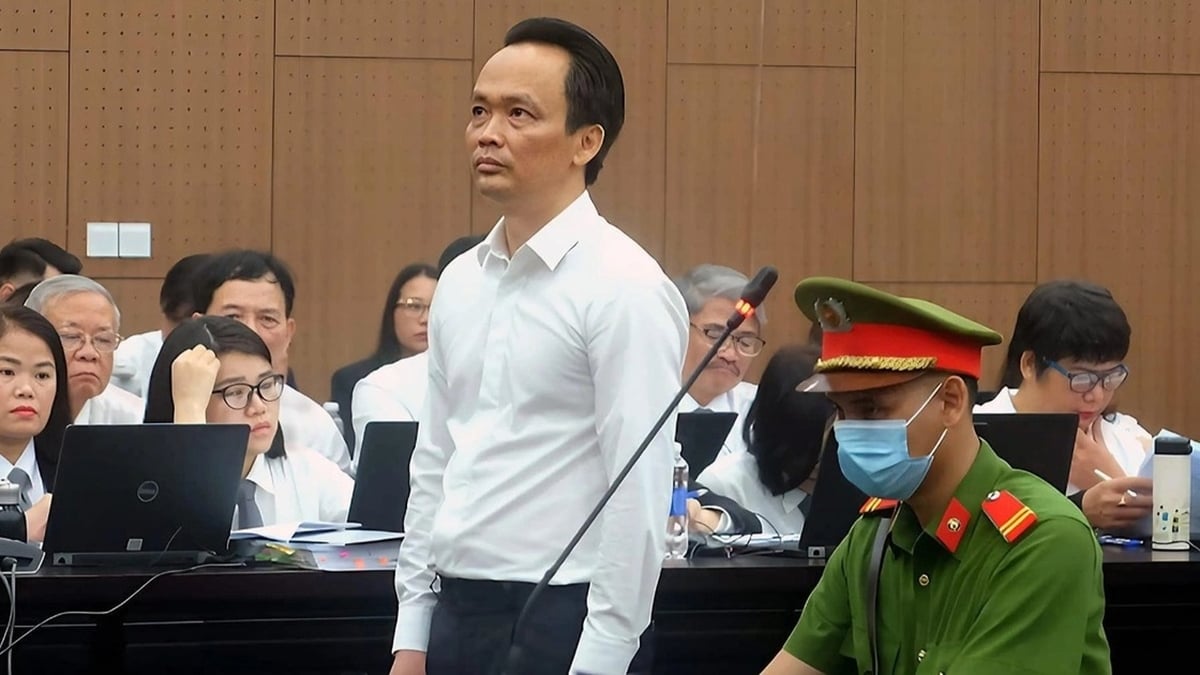








































![[Maritime News] More than 80% of global container shipping capacity is in the hands of MSC and major shipping alliances](https://vphoto.vietnam.vn/thumb/402x226/vietnam/resource/IMAGE/2025/7/16/6b4d586c984b4cbf8c5680352b9eaeb0)













































Comment (0)